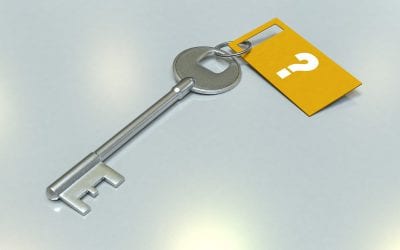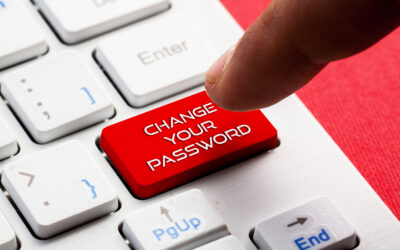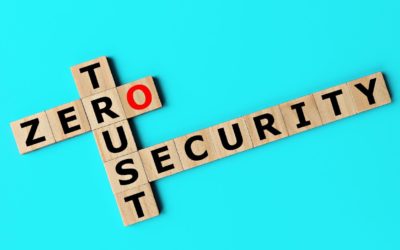Time hasn’t been kind to the password. It’s continuously put down as one of the least secure methods of protecting systems. It’s not due to any fault of the password, though. People just have a hard time remembering long and complex passwords. And considering what’s going on in the world with Covid-19 and how scrambled everyone is (for instance, I often forget what day it is now), a complex password might be the least of your concerns.
To help with that, we recommend Multifactor Authentication.
What is Multifactor Authentication?
Multifactor authentication is an authentication method in which a computer user is granted access only after successfully presenting two or more pieces of evidence (or factors) to an authentication mechanism: knowledge (something the user and only the user knows), possession (something the user and only the user has), and inherence (something the user and only the user is).
Multi-factor authentication is a major part of securing important information systems from potential threats. It provides a secondary layer of credentials that need to be provided in order to access sensitive data.
While some users prefer easy SMS message two-factor authentication, there are actually many different types of multi-factor authentication:
Biometric scanning: Fingerprints, iris and retina scans, facial-recognition software, voice recognition software, hand shape, and other physical variables.
Location factors: GPS tracking, used in many smartphones, can be used to ensure that logins are occurring from legitimate devices rather than from illogical IP addresses.
Possession factors: If a user has specific devices on their person, like a key card or a smartphone, they have access to several forms of multi-factor authentication procedures.
Remember, by using multifactor authentication, you’re making it twice as difficult for hackers to access your data, which mitigates much of the risk. By taking advantage of multi-factor authentication tactics, you can limit your data’s exposure to threats and maximize security.
Multifactor Authentication Technologies
Depending on what type of authentication protocol you use, you’ll have either a hardware-based device, or a software-based security token. An example of a hardware-based security measure is a USB dongle that acts as a key to the device, while software-based tokens generate a security code that is sent to a smartphone.
There are many other types of multi-factor authentication, like those that take advantage of biometrics, but due to the incredible popularity of smartphones in the business world, the most common methods of multi-factor authentication are by far SMS messages that are sent to a user’s smartphone.
Other security practices that are seen quite often are employee ID cards and GPS technology that verifies the location of the person accessing the account or building. Some people are even hardcore enough to embed smart chips in their hands, but that’s a topic to discuss another day. Basically, executives and IT professionals are doing whatever it takes to ensure that their physical and digital infrastructures remain secure from any and all trespassers.
Your business needs to take advantage of the most powerful security solutions on the market if you want to ensure that your business’s assets are protected from all kinds of threats.




